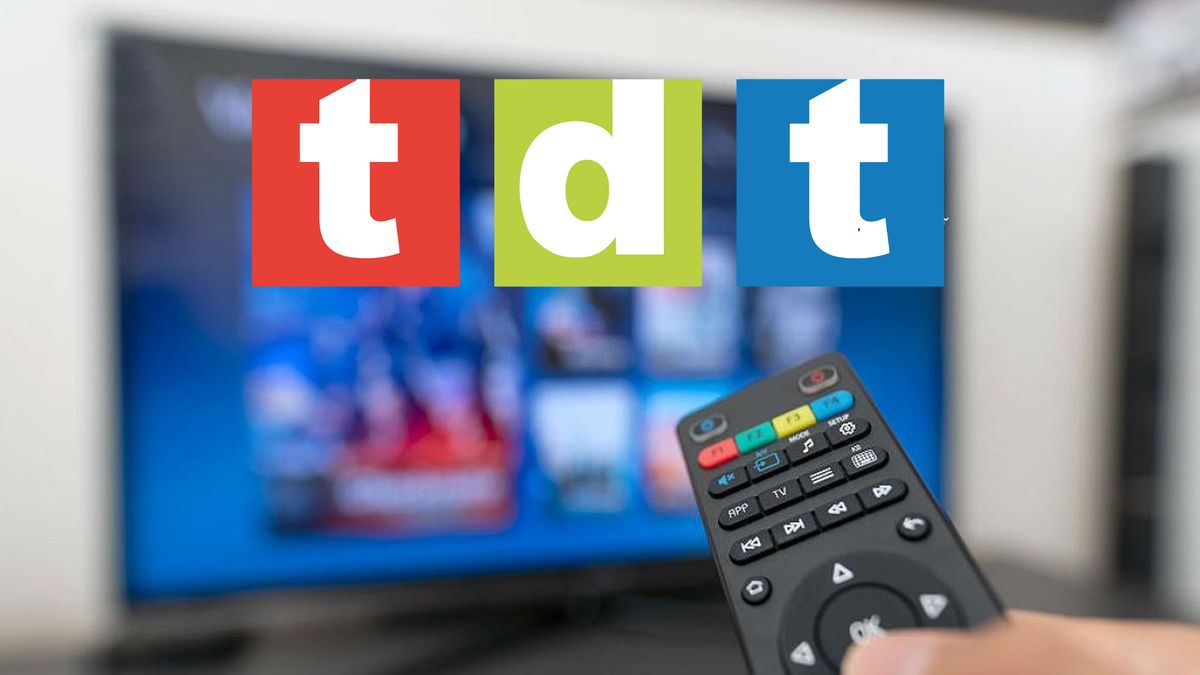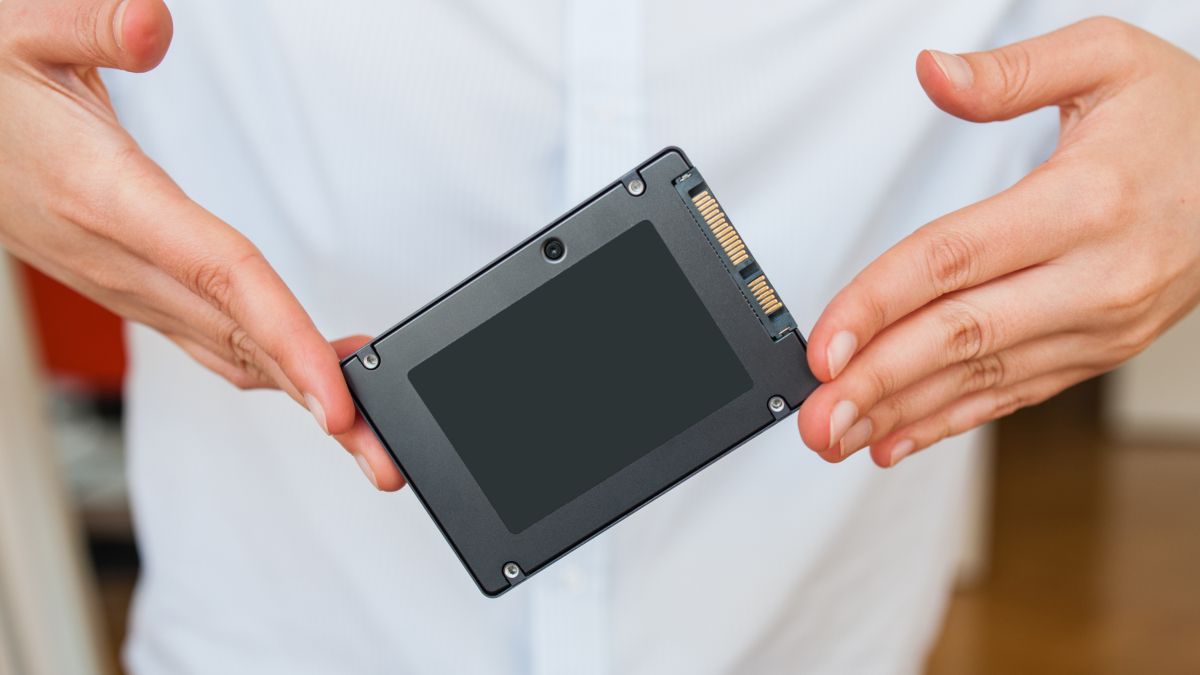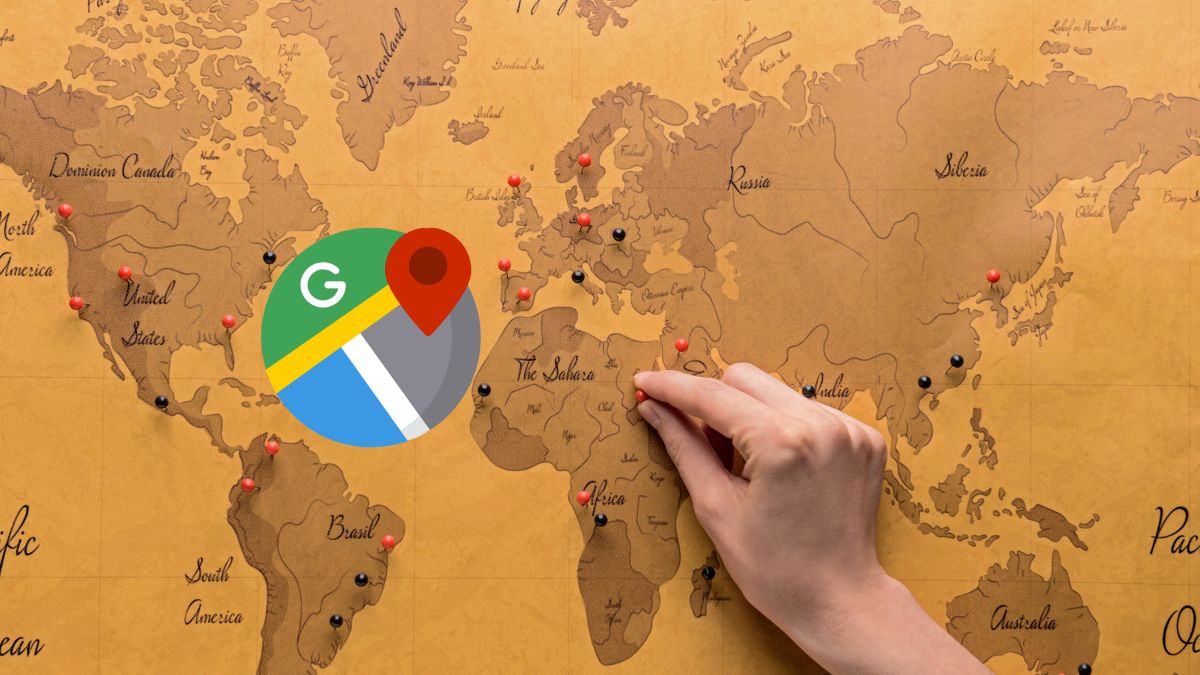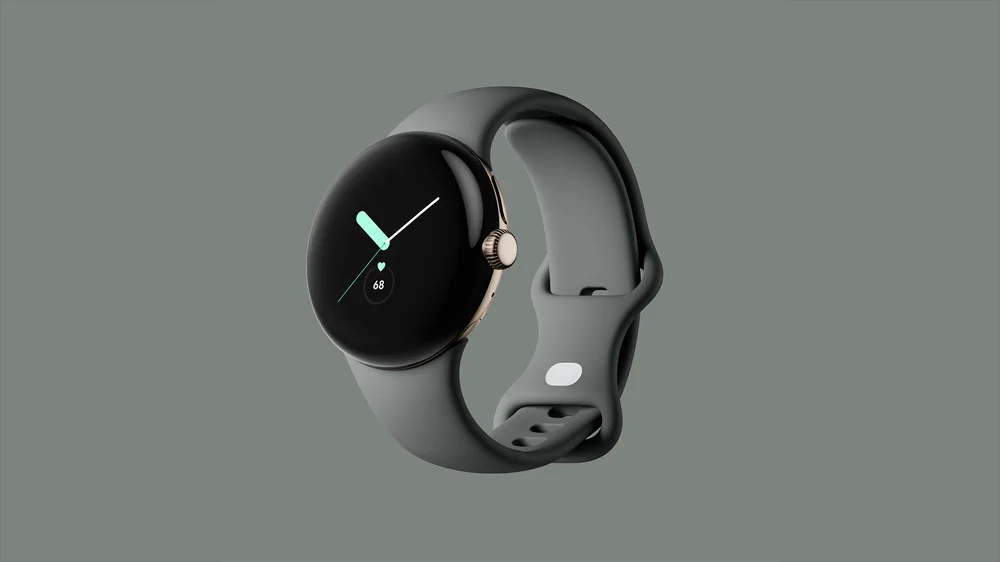Artificial intelligence and ChatGPT have spoken: this is what the world will be like in 2100
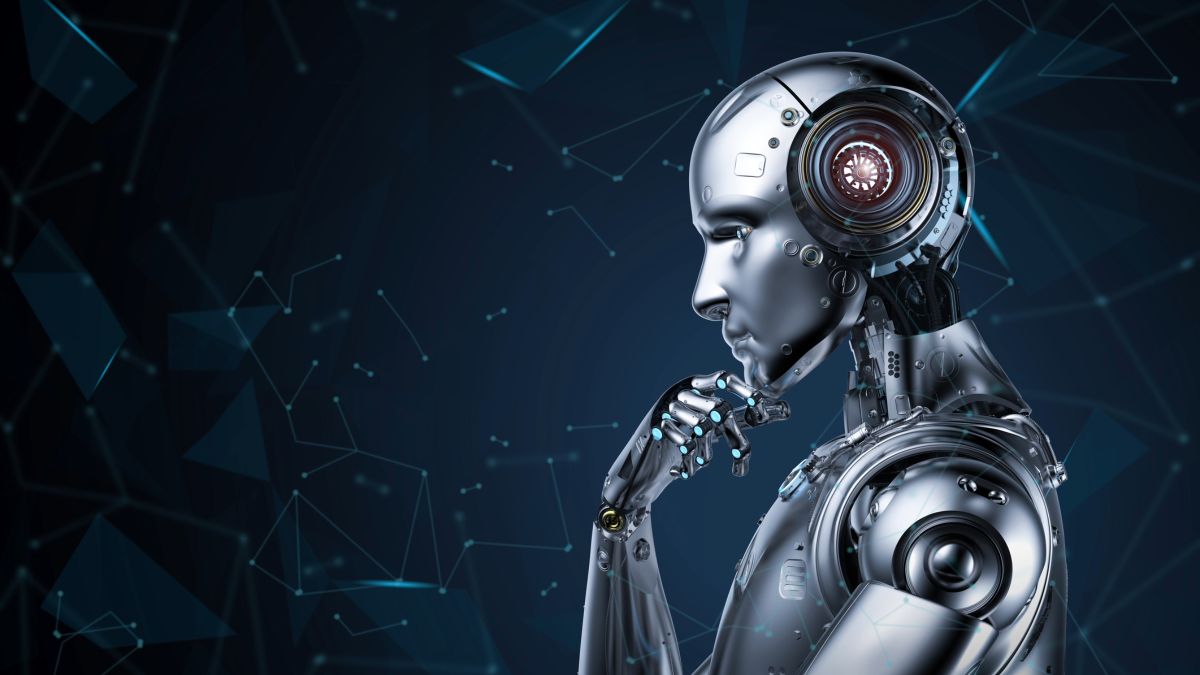
The 22nd century is presented as a totally unexplored terrain, but, above all, a mystery seeing how technology and, in particular, artificial intelligence advance.
It is precisely AI, which is expected to be the main protagonist for 2100, which currently can give the world some answer or another.
It is as if this were a fortune teller or even a time machine that could know what is going to happen. But, What will AI reveal if asked about the future of humanity?
- This is how artificial intelligence sees the world ahead of 2100
- There will be very positive advances but also very negative ones.
This is how artificial intelligence sees the world ahead of 2100
Asking ChatGPT, and although many of the things it mentions sound like science fiction, the truth is that there is still a long time to go to reach the goal of 2100 and seeing the advances and daily news that mention very innovative things in a few years, The truth is, it’s not going to sound crazy to you.
Smart cities
Imagine a future where cities are not only big buildings and roads full of cars, but living entities that breathe, think and anticipate your needs before you perceive them.
In the 22nd century, this dream becomes a reality as cities transform into living organisms, connected to a digital network that goes beyond the limits of imagination.
The metamorphosis of cities into efficient and sustainable ecosystems will be carried out thanks to the implementation of smart sensors. These devices, scattered throughout the area, not only monitor the pulse of the city, but also optimize traffic, intelligently manage energy and solve waste problems.
getty
Evolution of work and human-machine symbiosis
In this new possible 22nd century, machines are not mere secondary tools, but collaborators who completely change the very nature of work.
Artificial intelligence, far from displacing humans, becomes a strategic ally. Imagine a world where human creativity is enhanced by the efficiency and processing power of machines.
Collaboration between humans and machines not only redefines jobs, but also frees workers to focus on tasks that require that unique magic of empathy, creativity and strategic thinking that, for the moment, it seems that only the humans.
In this new paradigm, according to ChatGPT, artificial intelligence is not a threat, but rather another force that drives human capabilities.
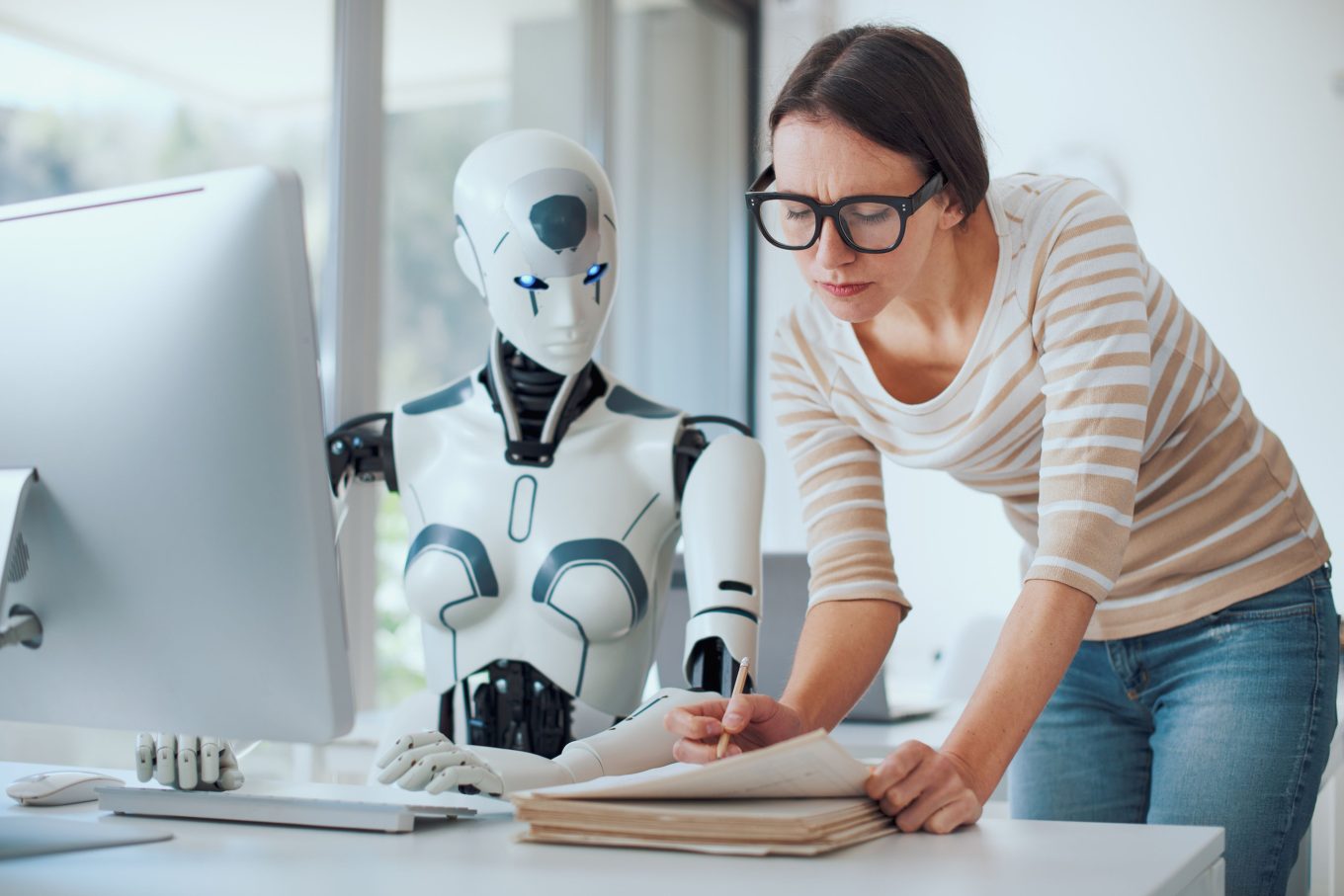
getty
Health in the era of personalized medicine
In the field of health, artificial intelligence is positioned as a trusted advisor so that your health is always the best. AI not only analyzes biological data with unprecedented precision, but also stays ahead of health problemscreating predictive maps that allow prevention before diseases even manifest.
In this future, personalized medicine reaches new goals, adapting treatments to the genetic characteristics, lifestyle and unique characteristics of each person.
Artificial intelligence, in this case, It seems that it will become the guardian of healthanticipating risks, personalizing treatments and leading humanity to an era where prevention is the key to almost eternal life.
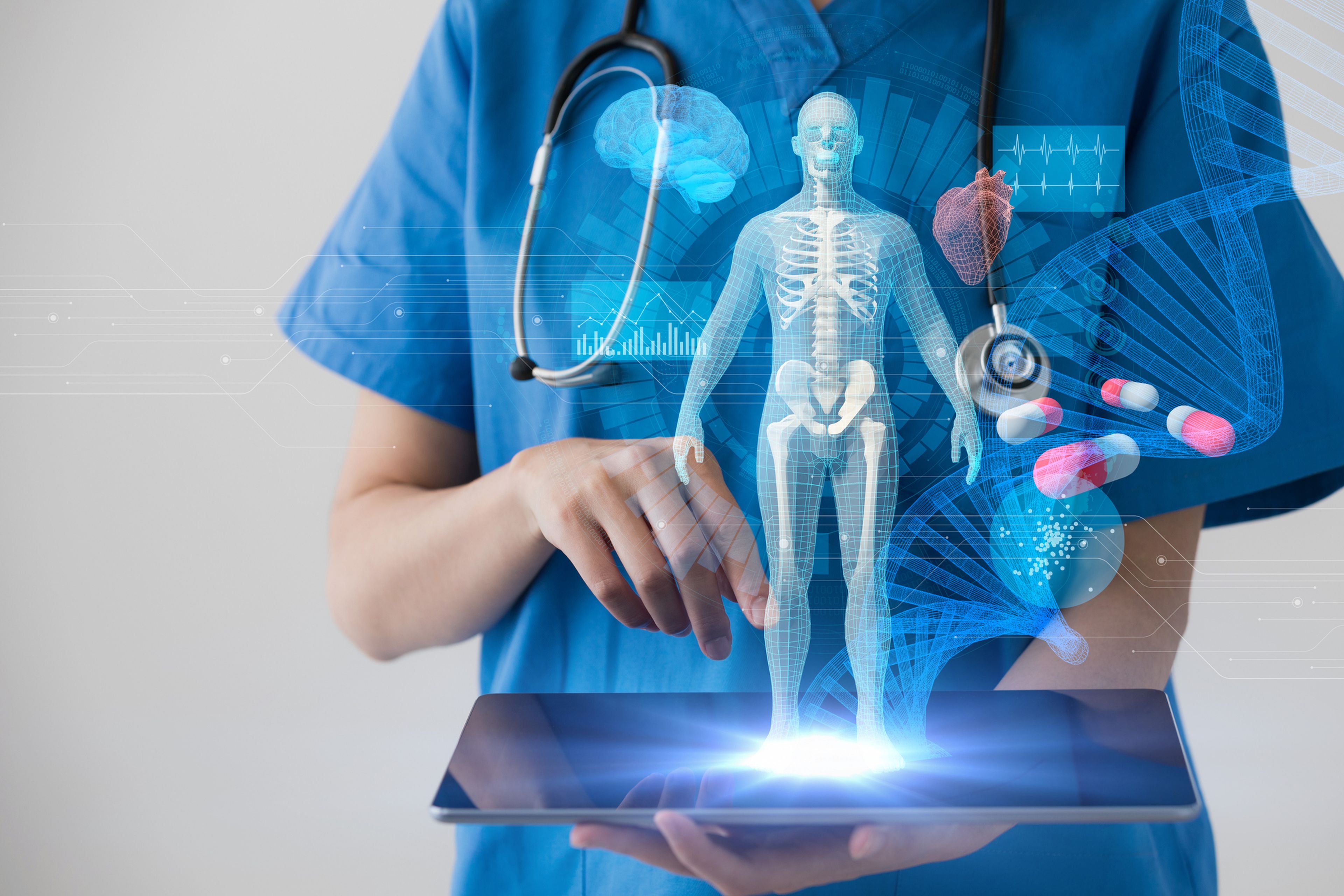
getty
Virtual reality giving rise to other worlds
On the horizon, it seems that virtual reality will also have a great role, blurring the border between what is real and what is virtual.
Although it currently seems that little by little this technology is finding its place in entertainment, Its applications will extend far beyond this sphere.
In the educational field, it becomes a revolutionary tool, taking students on interactive trips through space, immersing them in historical events or allowing them to solve scientific problems in a practical and safe way.
In the workplace, virtual reality is integrated into training, simulating realistic scenarios that allow professionals to hone their skills in safe virtual environments. As you see, humanity will enter digital worlds that They transcend physical limitations, redefining the way we work, socialize and discover new places..
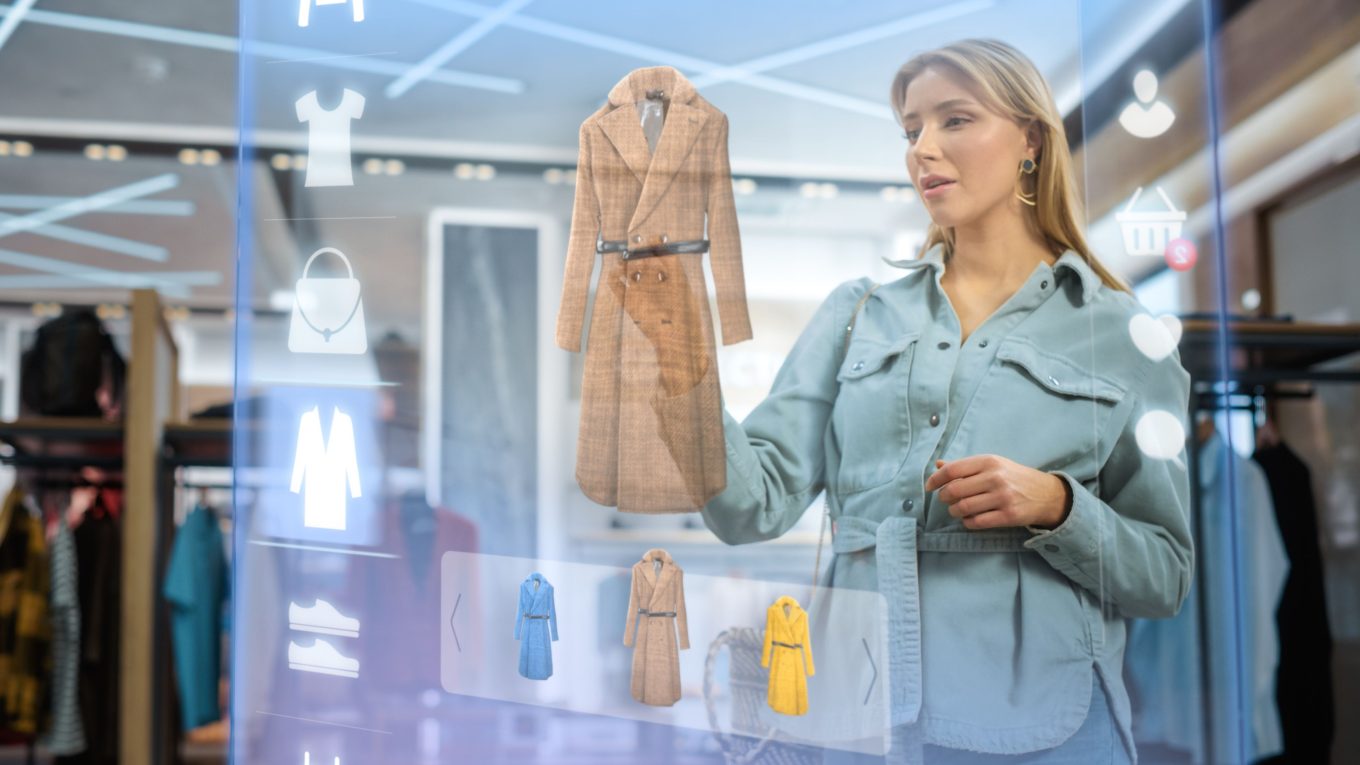
getty
There will be very positive advances but also very negative ones.
However, this journey towards a healthy and efficient future is not without ethical problems. The society of 2100 will find many advantages, but There will also be some point that will get out of hand and that will need strong regulation and, above all, control by experts and researchers..
Positive aspects
- Advances in medicine: Artificial intelligence revolutionizes medicine, allowing faster and more accurate diagnoses, as well as personalized treatments.
- Energy efficiency: AI-powered smart cities can reduce energy consumption and minimize environmental impact.
- Greater accessibility: AI can improve accessibility for people with disabilities, creating more inclusive environments adapted to various needs.
Negative aspects
- Job displacement: AI-driven automation may result in job losses in certain sectors, creating economic and social challenges.
- Technological dependence: An over-reliance on technology and artificial intelligence can make society vulnerable to systemic failures and cyber threats.
- Social inequalities: If not handled properly, the implementation of AI could exacerbate social inequalities, creating gaps between those who have access to the technology and those who do not.
It is true that there are still many years left to reach the goal of 2100 and it is quite likely that many will not see these and many other progress, but there is no doubt that this is a fairly moderate vision of AI in the face of what will happen in the 22nd century. It is to be expected that some crazy advance will await society in just over 70 years.
